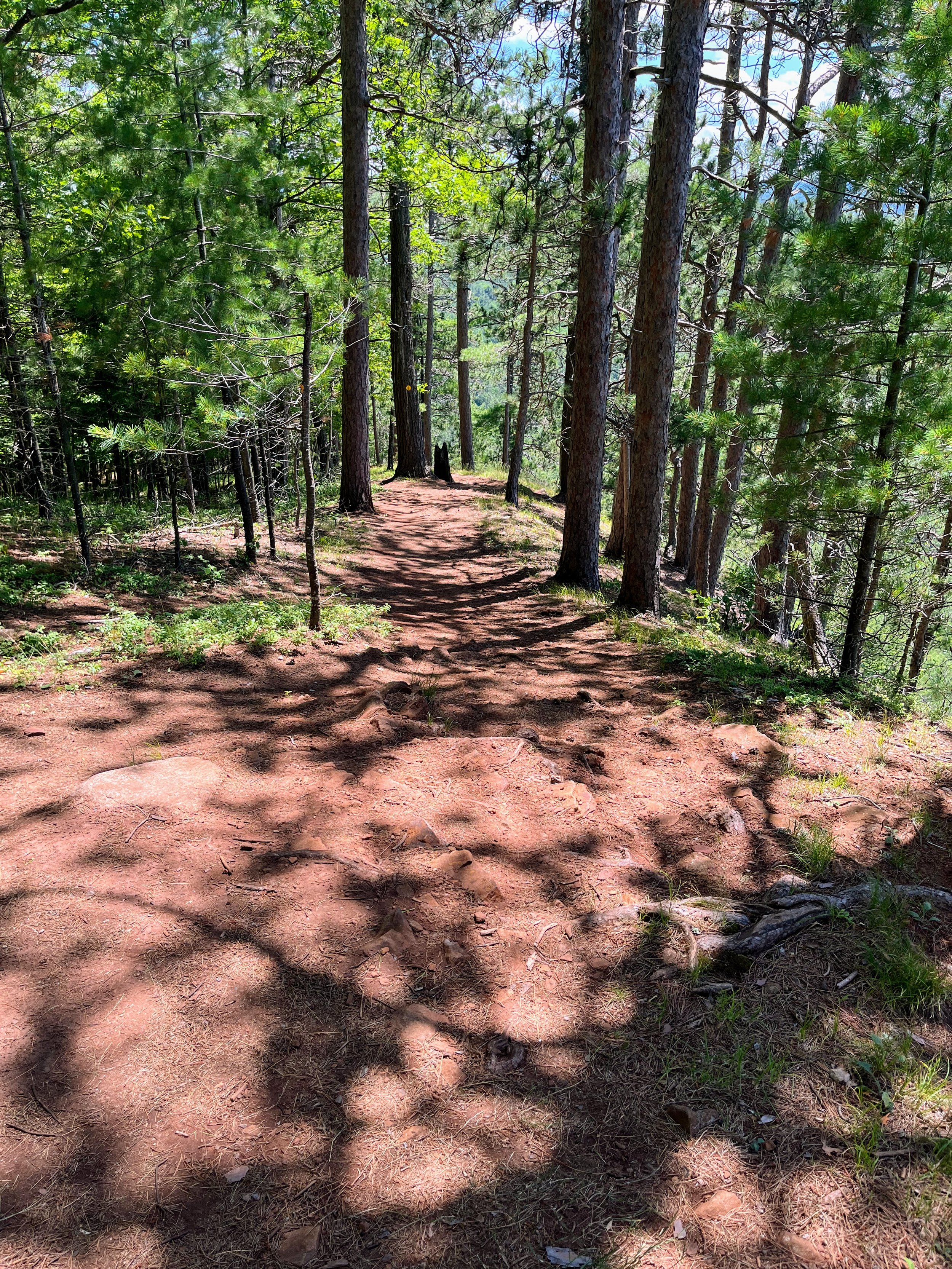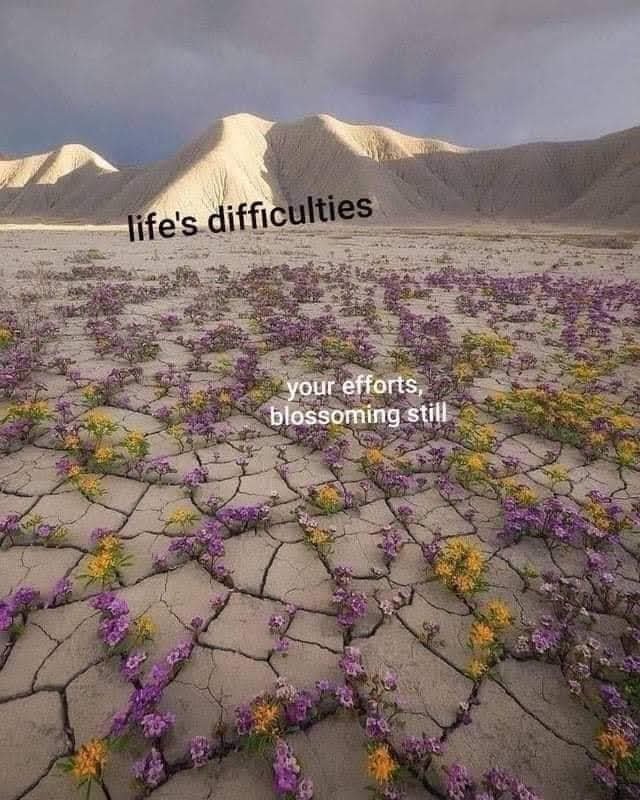(I’m not sure that’s the right preposition, but it’s supposed to be Malagasy for “The Path to Ambatomanga.”)
Last weekend, I had the translation experience of a lifetime. The quintessential trip that all translators dream of. I went with my author to the place she wrote about in the novel I’m currently translating.
*swoon*
With all of the many projects I’ve been starting and working on and contributing toward while I’ve been here in Madagascar, it’s been good to recall, every so often, the main reason I’m actually on this trip. This whole crazy séjour is only possible because I got a fellowship to translate Michèle Rakotoson’s novel called Lalana, which is Malagasy for “the path” or “the road.” It’s the story of a young man dying of AIDS in Antananarivo, the capital city of Madagascar, and his friend who gets him out of the hospital to fulfill his dying wish: Rivo wants to see the ocean before he dies.
This means a road trip, driving east from Tana for roughly seven hours until you hit the coast. If you make the trip straight through on the Route Nationale (the technical translation is “highway,” but it is definitely not that…). But they turn off of the RN2 fairly early, to follow the Queen’s Path -- the roads that Rasoaherina (also called Ranavalona II), the second queen of Madagascar, took when she knew she was dying.
The Queen’s Path runs through several villages, one of which our two protagonists spend the better part of the day in when their way is blocked by a mass of pilgrims. There’s a church, a tomb, a cave, a river… It’s all described, but the village is not named. As a translator (and reader), you never know if such a place is based off of a real town, an amalgam of many different places, or just something the author created out of thin air.
Turns out, the village is Ambatomanga. Plain and simple. It’s the place where Michèle spent most of her vacations growing up, the place her grandparents lived, the place where her father’s tomb is. And she made it very clear that I should see it during this trip.
So, last Sunday, we set off on a day-long outing, just under two hours away from Tana, with her son’s family and their adorable dog. We saw her grandparents’ house, we met and shared a meal with her cousin and his family, we ate really good yogurt and too-new cheese (the dry season has caused a water shortage, which means there’s not enough milk to keep up the cheese production), we hiked through the rice fields and forest, and yes, we retraced the steps of two characters she wrote almost twenty years ago. I did the only thing I could think to do: shut up, listen, and take notes. Five pages of notes, by the end.
I’m still processing the trip. I’m still processing the experience. I’m still processing how it’s going to change my translation -- or maybe it won’t be so much “changing” as “deepening.” But I did take five pages of notes, after all, and that, I can share. Or at least excerpts thereof.
Voilà.
******
Leaving Tana: When she wrote this book, and even 10-15 years ago, none of these houses were here. And the road wasn’t this straight, smooth thing with streetlights and roundabouts. The city is spreading, quickly.
Here we go. After about 45 minutes of driving, we’ve reached the point where it looks like how it used to. Forested hills that look deserted. Tiny clusters of simple, two-story clay or brick houses nestled in seemingly random nooks. The river, waterfalls, where some things happen in the book...the river that’s so dry right now that people can barely wash their clothes in it.
The Queen’s Path: It’s a quick turn-off, at least sooner than I thought, only about half an hour after the old winding ways of the road take over. Here, it’s pavers and cobblestones for a while, and barely wide enough for two cars to pass each other.
To me, this all just looks like nondescript countryside. Pretty, dusty, poor. To Michèle, though, every village is known and named, every dirt track has a purpose and a destination, every tomb and cemetery is a family and a dynasty. This village here is where her friend lives, that village just behind the hill is the one that this character returns to in another one of her books…
Approaching Ambatomanga: Michèle’s grandfather was a country doctor with an old, beat-up car, he cared for the whole area. He was the one who built the church in her ancestral village.
The wilderness side of Michèle, the rustic side, the passion, it’s all from here. These are mountains, this is where caves dot the landscape, a place of traditions and old religion and angaro, and later a place where Christians went into hiding under the reign of the first queen, Ranavalona I, when she decided that Christianity was a scourge on her country and must be purged. (For that story, see Beyond the Rice Fields...)
There’s graffiti on a rock just outside the village that says “Naivo N-2.” Naivo is a fairly common name here. It’s the pen name of the author of Beyond the Rice Fields, for example...and it’s also the name of the narrator of Lalana. I’m not necessarily one to see destiny in random occurrences, but it does feel like a good sign. Like I’m on the right path.
Ambatomanga: This place is technically a historic village. People aren’t really allowed to build new houses within the village, which is why there’s another village expanding just outside called Alarobia -- it means “Wednesday,” it used to just be the place where the weekly market was held.
Ambatomanga was a bit of a border town at the entrance to Imerina (the region/tribe which produced the Kingdom of Madagascar that unified most of the island in the late 1700-early 1800s). The house behind the church on the outskirts of town, for example, that’s the missionaries’ house, it’s 150 years old. There was a period where foreigners weren’t really allowed into Imerina, or they had to wait at the border for a long time, so the missionaries kind of set up shop there.
We run into a couple of peasants on our hike, heading back over the mountain to their village. They have a very pleasant conversation with Michèle in Malagasy, while I smile and nod and use the pleasantries I know. Afterward, Michèle explains what their nonchalant tone didn’t hint at: they were telling her about the fire burning on the other side of the mountain. They just managed to put one out last week, and there’s another one already. And their water supply was poisoned. Someone else is doing it, someone from outside the area. Someone who’s trying to sow panic in the run-up to the elections -- two of the major candidates’ families are from this area.
Lalana: “That’s probably where they danced,” Michèle says. She means Rivo and Naivo, the two characters from her book. But somehow, I’d recognized that place before she said anything.
I’m completely bowled over by how similar this place is to what I had been envisioning in my head. I’ll always imagine a picture of a book’s setting, that’s just how I read, but it usually turns out that the real place (if it’s based on one) is pretty different that what I’d come up with. But here? It’s so so close to how I pictured it. This means two things: One, Michèle is a really good writer. Holy crap. Two...I am achieving my goal. I am experiencing enough of Madagascar to picture it properly.
It was a completely normal day, and to me, it was magic.







